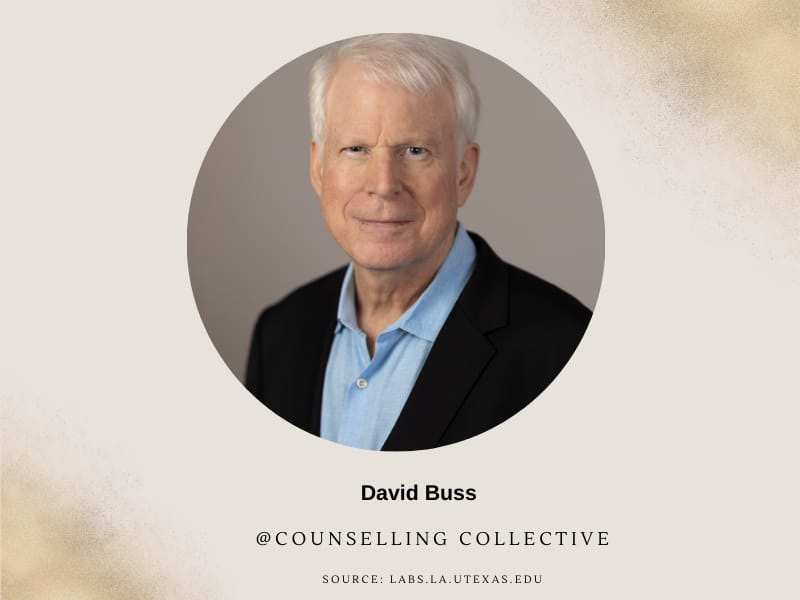Contents
Introduction
Daniel Kahneman is a renowned psychologist and economist known for his groundbreaking work in the fields of behavioral economics and cognitive psychology. Kahneman’s research has significantly advanced our understanding of human decision-making, judgment, and the psychological underpinnings of economic behavior. His contributions have had a profound impact on psychology, economics, and public policy, earning him the Nobel Memorial Prize in Economic Sciences in 2002. Kahneman’s work, often in collaboration with Amos Tversky, has reshaped how we think about human rationality and the complexities of decision-making processes.
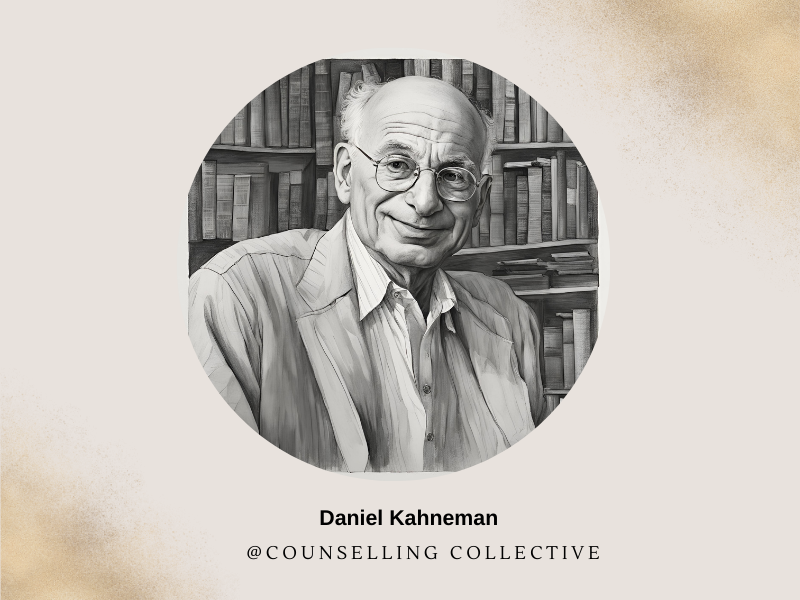
In this article, we will delve into Daniel Kahneman’s groundbreaking research in behavioral economics and cognitive psychology, examining his major theories on decision-making, judgment, and economic behavior, and exploring the profound impact of his work on psychology, economics, and public policy.
Early Life and Education
Daniel Kahneman was born on March 5, 1934, in Tel Aviv, which was then part of the British Mandate of Palestine. He grew up in Paris, France, where his father worked in the chemical industry. During World War II, Kahneman’s family faced significant hardships, including the persecution of Jews. These early experiences deeply influenced his interest in human behavior and decision-making.
Image Source: ted.com

Kahneman’s intellectual curiosity was evident from a young age. He was particularly drawn to the fields of psychology and philosophy, driven by a desire to understand the complexities of the human mind. This passion for exploring the intricacies of human thought and behavior would later define his academic and professional journey.
Educational Journey
| Aspect | Details |
| Early Education | Kahneman attended local schools in Paris before moving to Palestine after World War II. |
| Hebrew University of Jerusalem | Kahneman earned his Bachelor of Arts degree in Psychology in 1954. |
| University of California, Berkeley | Kahneman pursued his Ph.D. in Psychology, focusing on attention and perception, completing his dissertation under the supervision of Susan Ervin-Tripp in 1961. |
| Academic Career | After completing his doctorate, Kahneman held academic positions at various institutions, including Hebrew University of Jerusalem, University of British Columbia, and Princeton University, where he has been a professor emeritus. |
Timeline of Early Influences
| Aspect | Details |
| Amos Tversky | Tversky’s collaboration with Kahneman on heuristics and biases significantly influenced their joint research on decision-making. |
| Herbert A. Simon | Simon’s work on bounded rationality and decision-making processes shaped Kahneman’s understanding of human judgment. |
| Paul Meehl | Meehl’s research on clinical versus statistical prediction influenced Kahneman’s exploration of cognitive biases. |
| Susan Ervin-Tripp | Ervin-Tripp’s studies on language and cognition provided a foundation for Kahneman’s early work in psychology. |
Major Theories and Works
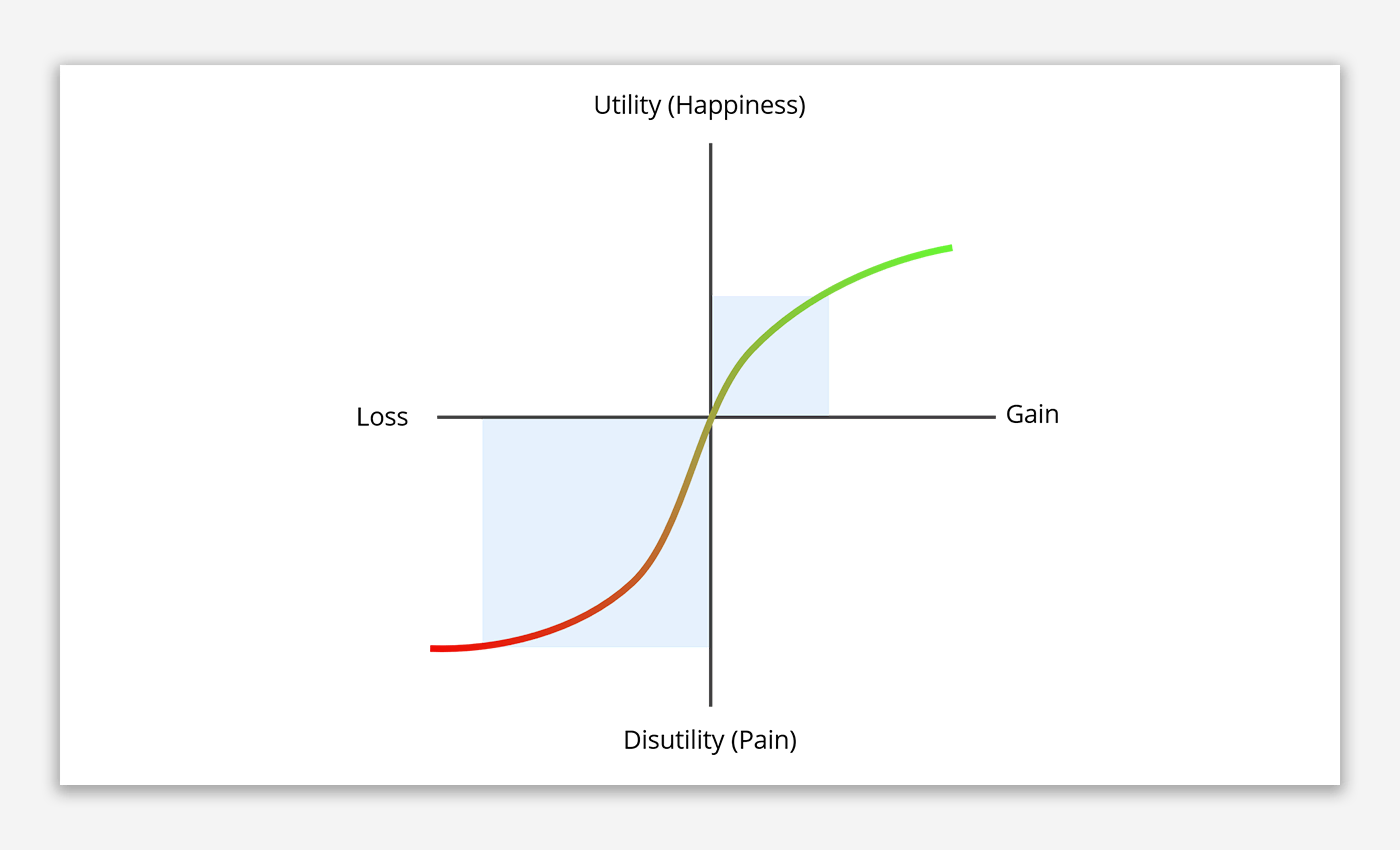
Prospect Theory
Daniel Kahneman, along with Amos Tversky, developed Prospect Theory, a groundbreaking concept in behavioral economics that describes how people make decisions under risk and uncertainty. Key elements include:
- Diminishing Sensitivity: According to Prospect Theory, the subjective value of both gains and losses diminishes with their magnitude. For instance, the difference in perceived value between gaining $100 and $200 is greater than the difference between gaining $1,100 and $1,200, even though both differences are objectively $100.
- Reference Dependence: The theory suggests that people evaluate outcomes relative to a reference point, which is often the status quo or a specific expectation. Gains and losses are perceived relative to this reference point, rather than in absolute terms.
Image Source: slidemodel.com
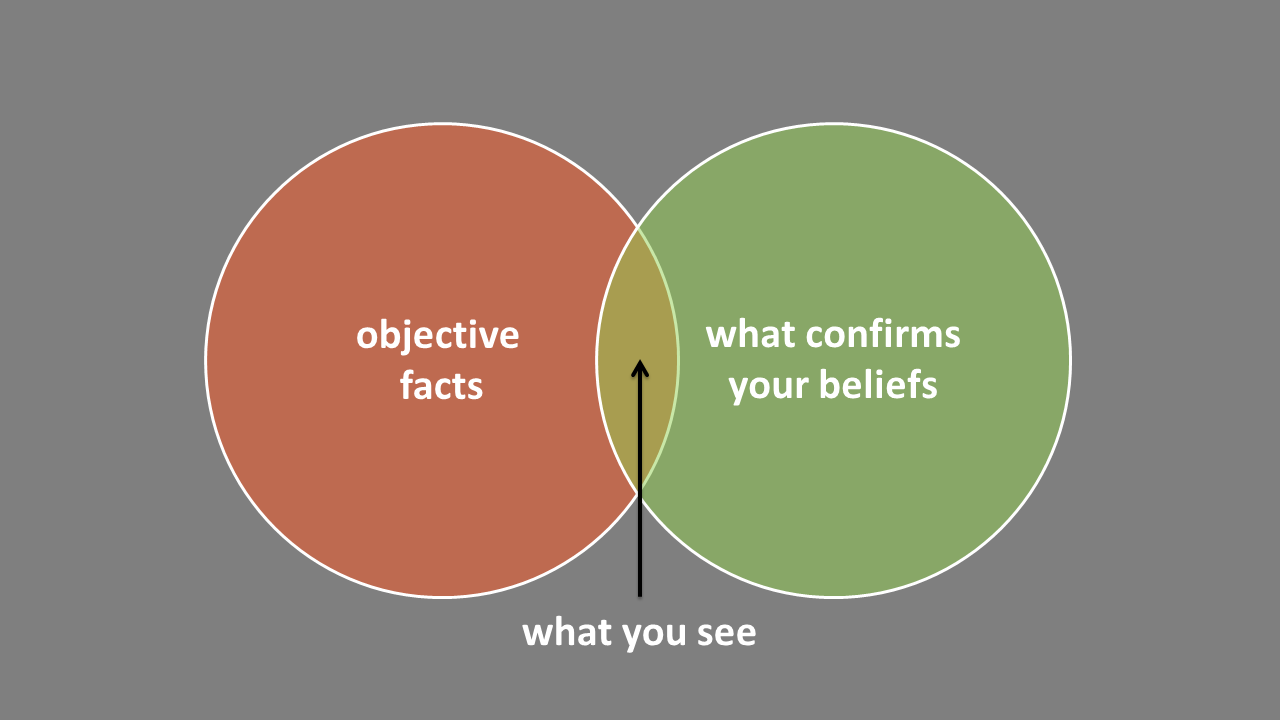
Heuristics and Biases
Daniel Kahneman, alongside Amos Tversky, significantly contributed to the understanding of heuristics and biases in human judgment. Their work reveals that people often rely on mental shortcuts, or heuristics, to make decisions quickly, but these shortcuts can lead to systematic errors or biases. Key elements include:
- Anchoring Effect: When making decisions, people often rely too heavily on the first piece of information they encounter (the “anchor”). This can skew their judgment and lead to biased estimates, even when the anchor is irrelevant.
- Availability Heuristic: This heuristic occurs when people assess the likelihood of an event based on how easily examples come to mind. Events that are more memorable or vivid tend to be perceived as more common or probable, even if they are statistically rare.
Image Source: linkedin.com
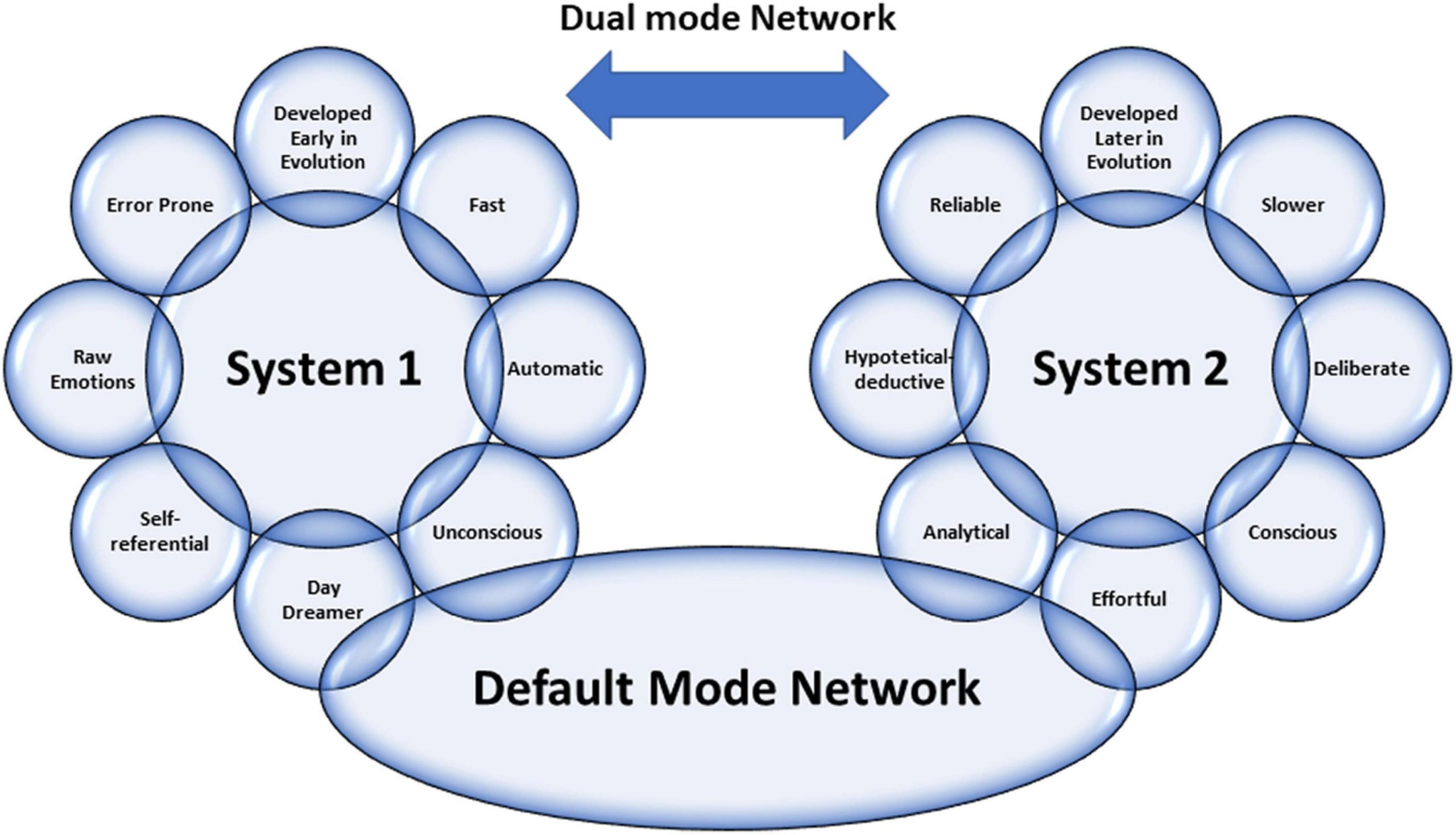
Dual-System Theory
Daniel Kahneman’s Dual-System Theory explains how human thinking operates through two distinct cognitive systems: System 1 and System 2. Key elements include:
- Interaction Between Systems: System 1 and System 2 work together, with System 1 often generating initial impressions or solutions, and System 2 either endorsing or overriding them. This interaction explains why people can sometimes make quick decisions and at other times require more in-depth analysis.
- System 1 (Intuitive Thinking): This system operates automatically and quickly, with little or no effort and no sense of voluntary control. It relies on heuristics, or mental shortcuts, and is responsible for our gut reactions and immediate judgments.
- System 2 (Analytical Thinking): In contrast, System 2 is slower, more deliberate, and more logical. It requires effort and conscious thought, handling complex calculations, logical reasoning, and problem-solving tasks.
Image Source: frontiersin.org
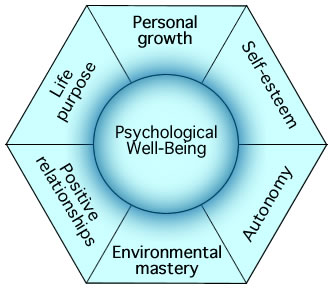
Well-Being and Hedonic Psychology
Daniel Kahneman’s research on Well-Being and Hedonic Psychology explores how individuals experience and evaluate happiness, pleasure, and life satisfaction. Key elements include:
- Peak-End Rule: This principle suggests that people judge an experience largely based on how they felt at its most intense point (the peak) and at its end, rather than on the total sum or average of every moment. This cognitive bias has implications for understanding how people recall past experiences and make decisions based on those memories.
- Experienced Well-Being: Refers to moment-to-moment feelings of pleasure or pain in daily life, often measured using methods like the Day Reconstruction Method (DRM) or Experience Sampling.
- Evaluative Well-Being: Involves overall life satisfaction, reflecting on broader circumstances and achievements rather than just momentary feelings.
Image Source: www.rnceus.com
Psychologists Influenced by Kahneman

- Richard Thaler – Thaler’s work on behavioral economics and nudging has been heavily influenced by Kahneman’s research on heuristics and biases (Thaler, 2015).
- Cass Sunstein – Sunstein’s studies on law and behavioral economics draw from Kahneman’s insights into human judgment and decision-making (Sunstein, 2008).
- Nassim Nicholas Taleb – Taleb’s work on risk and uncertainty has been shaped by Kahneman’s theories on cognitive biases and Prospect Theory (Taleb, 2007).
- Dan Ariely – Ariely’s research on irrational behavior and decision-making builds on Kahneman’s findings on heuristics and biases (Ariely, 2008).
- Gerd Gigerenzer – Gigerenzer’s work on bounded rationality and decision-making under uncertainty has been influenced by Kahneman’s contributions to cognitive psychology (Gigerenzer, 2002).
Impact on Psychology
- Contributions to Related Fields: Kahneman’s interdisciplinary approach has extended his influence to areas such as finance, healthcare, and public policy. His insights into decision-making processes have informed financial regulations, helping to design policies that account for human cognitive biases and prevent economic crises. In healthcare, Kahneman’s work has influenced the development of decision aids and risk communication strategies that improve patient outcomes. His research on well-being has also informed public policy initiatives aimed at enhancing quality of life and measuring societal progress beyond economic indicators.
Legacy and Influence
Long-Term Impact
Daniel Kahneman’s legacy endures through his lasting contributions to psychology, economics, and related fields. His pioneering work on heuristics, biases, and decision-making has laid the foundation for numerous subsequent theories and research. Kahneman’s emphasis on understanding the psychological underpinnings of economic behavior continues to influence contemporary research and practice. His ability to communicate complex scientific ideas to both academic and public audiences has made him a key figure in promoting scientific literacy and fostering dialogue on critical issues.
Recognition and Honors
Kahneman has received numerous accolades and recognition for his work. He was awarded the Nobel Memorial Prize in Economic Sciences in 2002, jointly with Vernon L. Smith, for integrating psychological research into economic science. Kahneman has also received the American Psychological Association’s Distinguished Scientific Contribution Award and the Grawemeyer Award for Psychology. His books, particularly Thinking, Fast and Slow, have received widespread acclaim and have been translated into multiple languages, reaching a global audience.
Criticism and Controversies
While Daniel Kahneman has garnered significant recognition for his contributions to psychology and economics, his work has not been without criticism. Some argue that the focus on cognitive biases and heuristics may overlook the complexity and adaptability of human decision-making. Additionally, the experimental methods used in behavioral economics have been critiqued for not fully capturing the nuances of real-world behavior. Despite these criticisms, Kahneman’s rigorous scientific methods and commitment to understanding human behavior continue to inspire debate and further investigation in the fields of psychology and beyond.
Conclusion
Daniel Kahneman’s life and work have profoundly shaped the fields of psychology, economics, and behavioral science. His theories on heuristics, biases, and decision-making offer valuable insights into human behavior and the complexities of rationality. By emphasizing the importance of integrating psychological and economic perspectives, Kahneman has provided a comprehensive framework for understanding and addressing some of the most pressing issues in these fields. As his legacy continues to unfold, Kahneman’s contributions to psychology, economics, and public engagement will likely inspire future generations of researchers, educators, and practitioners.
Bibliography
- [1] Ariely, D. (2008). Predictably Irrational: The Hidden Forces That Shape Our Decisions. New York: HarperCollins.
- [2] Gigerenzer, G. (2002). Adaptive Thinking: Rationality in the Real World. New York: Oxford University Press.
- [3] Kahneman, D. (2011). Thinking, Fast and Slow. New York: Farrar, Straus and Giroux.
- [4] Kahneman, D., & Tversky, A. (1979). Prospect theory: An analysis of decision under risk. Econometrica, 47(2), 263-291.
- [5] Kahneman, D., Diener, E., & Schwarz, N. (Eds.). (1999). Well-Being: The Foundations of Hedonic Psychology. New York: Russell Sage Foundation.
- [6] Kahneman, D., Slovic, P., & Tversky, A. (Eds.). (1982). Judgment Under Uncertainty: Heuristics and Biases. New York: Cambridge University Press.
- [7] Kahneman, D., & Tversky, A. (Eds.). (2000). Choices, Values, and Frames. New York: Cambridge University Press.
- [8] Sunstein, C. R. (2008). Nudge: Improving Decisions About Health, Wealth, and Happiness. New Haven: Yale University Press.
- [10] Thaler, R. H. (2015). Misbehaving: The Making of Behavioral Economics. New York: W. W. Norton & Company.




